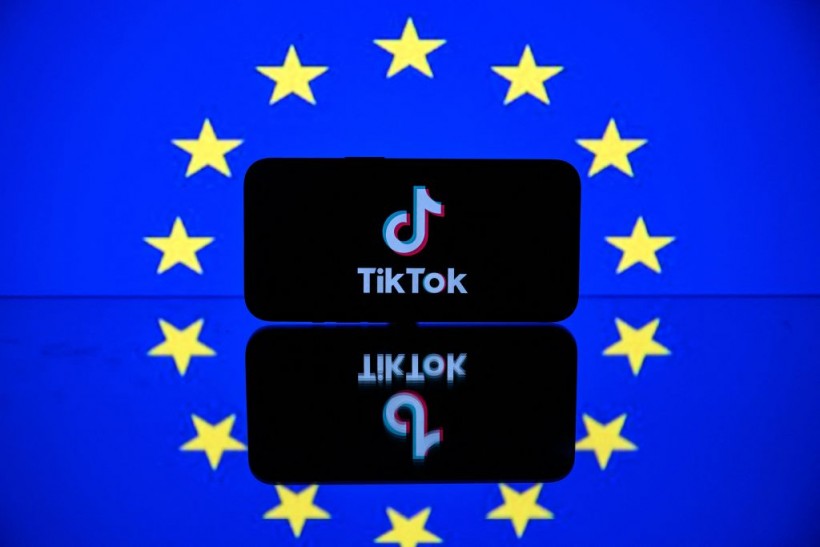TikTok faced a setback on Friday when its bid to halt the implementation of stringent new European Union (EU) regulations designating it as a market "gatekeeper" was rejected by the court pending a final ruling on the video-sharing app's legal challenge.

This picture taken on April 26, 2023 in Toulouse, southwestern France, shows a screen displaying the Tiktok social media platform's logo and the European flag. - European commissioner for the Internal Market Thierry Breton unveiled a list of 19 online platforms, including Instagram, TikTok and Twitter, as having user numbers so big they will come under stricter regulatory rules for content.
EU's Designation of 'Gatekeepers'
According to AFP, the EU's Digital Markets Act (DMA), set to come into effect next month, aims to compel major tech companies to reform their practices to foster a more equitable market environment.
Among the six tech giants designated as "gatekeepers" subject to these regulations are Google parent Alphabet, Amazon, Apple, Meta, Microsoft, and ByteDance, the Chinese owner of TikTok.
In response to its designation as a gatekeeper, TikTok initiated a legal challenge against the law in November, seeking relief from its obligations under the DMA while the case is being adjudicated.
However, the Luxembourg-based General Court dismissed TikTok's request, citing a lack of urgency to warrant an interim order to avoid significant and irreversible harm.
TikTok contended that complying with the regulations could lead to the disclosure of sensitive information about its user profiling practices, a claim dismissed by the court.
Despite disappointment with the ruling, a TikTok spokesperson affirmed the company's commitment to compliance and expressed eagerness for a swift resolution to its legal challenge.
TikTok Challenges EU's Fee for Content Moderation
In a separate development, TikTok joined Meta, Facebook's parent company, in challenging an EU fee intended to enforce a content moderation law outlined in the Digital Services Act (DSA).
As part of the DSA, large online platforms, including TikTok, are required to contribute financially to the enforcement of regulatory measures by remitting fees to the European Commission.
TikTok contested the methodology used to calculate these fees, particularly objecting to the basis for determining the total amount, which relied on third-party estimates of its monthly active user numbers.
Despite its objections, TikTok complied with the fee requirement last year while continuing to dispute the process, underscoring its commitment to addressing what it perceives as inequitable practices.
The DSA legislation, aimed at enhancing content moderation and consumer protections online, mandates online platforms to assume greater responsibility and transparency in policing content and combating fraudulent activities.
The European Commission defended the fee structure as proportional to the size of the service, with safeguards in place to prevent excessive financial burdens on providers.
The legal challenges from TikTok and Meta reflect broader concerns among major online retailers regarding their classification as "very large" platforms under the DSA.
Related Article: TikTok Wants Horizontal Videos Like YouTube, Incentivizes Creators for New Format Uploads









